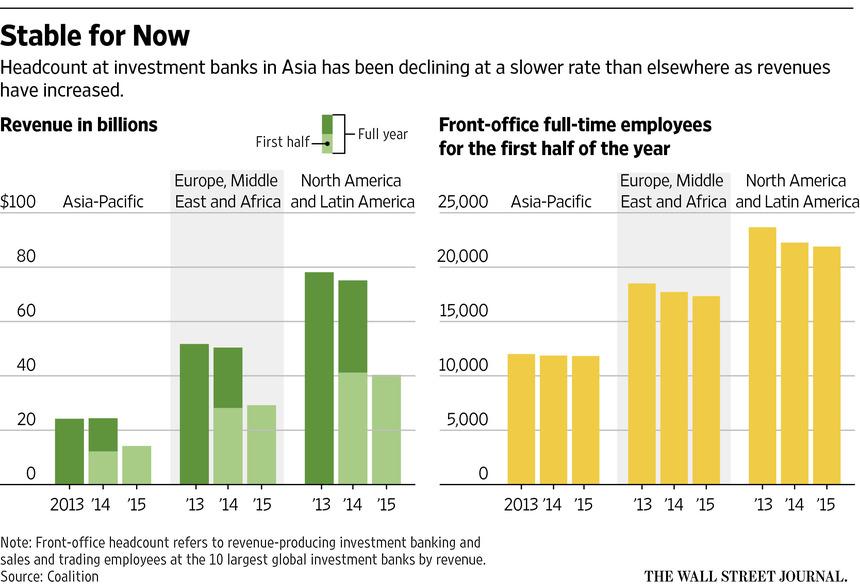Understanding Loan Stock: A Comprehensive Guide to Investment Opportunities
Guide or Summary:Definition of Loan StockTypes of Loan StockBenefits of Investing in Loan StockRisks Associated with Loan StockHow to Invest in Loan Stock……
Guide or Summary:
- Definition of Loan Stock
- Types of Loan Stock
- Benefits of Investing in Loan Stock
- Risks Associated with Loan Stock
- How to Invest in Loan Stock
#### What is Loan Stock?
Definition of Loan Stock
Loan stock, also known as debenture stock or bonds, refers to a type of debt security that companies issue to raise capital. When investors purchase loan stock, they are effectively lending money to the company in exchange for periodic interest payments and the return of the principal amount at maturity. This form of investment is generally considered less risky than equity investments, as loan stockholders have a higher claim on assets in the event of liquidation.
Types of Loan Stock
There are various types of loan stock, each designed to meet different investment needs. The most common types include:
1. **Convertible Loan Stock**: This type can be converted into equity shares at a predetermined price, allowing investors to benefit from potential stock price appreciation.
2. **Non-Convertible Loan Stock**: Unlike convertible loan stock, this type cannot be converted into shares. Investors receive fixed interest payments, making it a more stable investment.
3. **Secured Loan Stock**: This type is backed by specific assets of the company, providing an additional layer of security for investors.
4. **Unsecured Loan Stock**: This type is not backed by any specific assets, making it riskier but often offering higher interest rates.
Benefits of Investing in Loan Stock
Investing in loan stock offers several advantages:
- **Regular Income**: Loan stock typically provides fixed interest payments, making it an attractive option for income-seeking investors.
- **Lower Risk**: Compared to equities, loan stock is generally considered less risky, especially if it is secured.
- **Diversification**: Including loan stock in an investment portfolio can help diversify risk and provide a balance between equity and fixed-income investments.
- **Potential for Capital Appreciation**: In the case of convertible loan stock, investors can benefit from stock price increases.

Risks Associated with Loan Stock
While loan stock can be a good investment option, it is not without risks:
- **Credit Risk**: The primary risk is the possibility that the issuing company may default on its interest payments or fail to return the principal amount.
- **Interest Rate Risk**: Changes in interest rates can affect the market value of loan stock. When interest rates rise, the value of existing loan stock may decline.
- **Liquidity Risk**: Some loan stocks may not be easily tradable, making it difficult for investors to sell their holdings quickly.
How to Invest in Loan Stock
Investing in loan stock can be done through several channels:
1. **Direct Purchase**: Investors can buy loan stock directly from the issuing company during a new issue.

2. **Stock Exchanges**: Many loan stocks are listed on stock exchanges, allowing investors to buy and sell them like shares.
3. **Investment Funds**: Some mutual funds and exchange-traded funds (ETFs) focus on fixed-income securities, including loan stock.
Loan stock represents a valuable investment opportunity for those looking to diversify their portfolios and secure regular income. By understanding the various types of loan stock, their benefits, and associated risks, investors can make informed decisions that align with their financial goals. Whether you are a seasoned investor or new to the world of finance, exploring loan stock can be a strategic addition to your investment strategy.